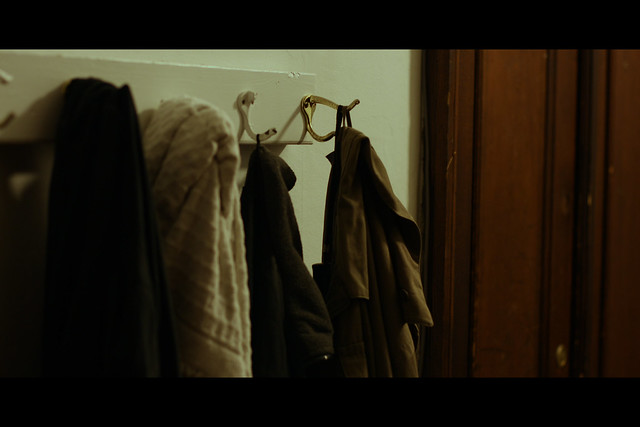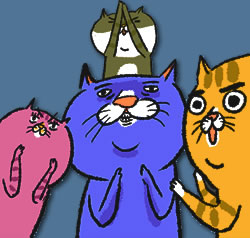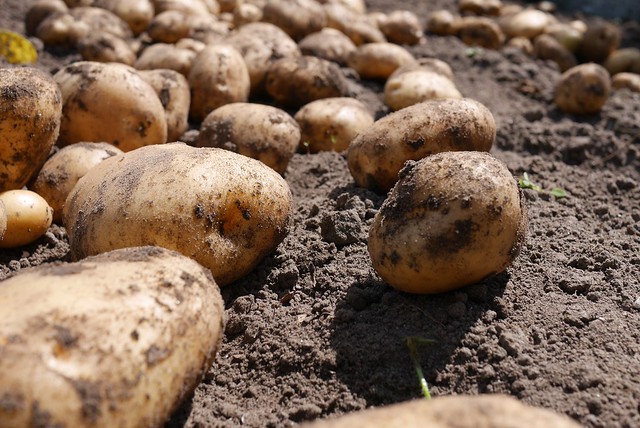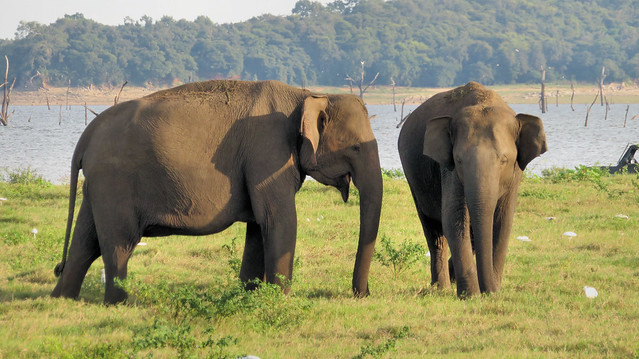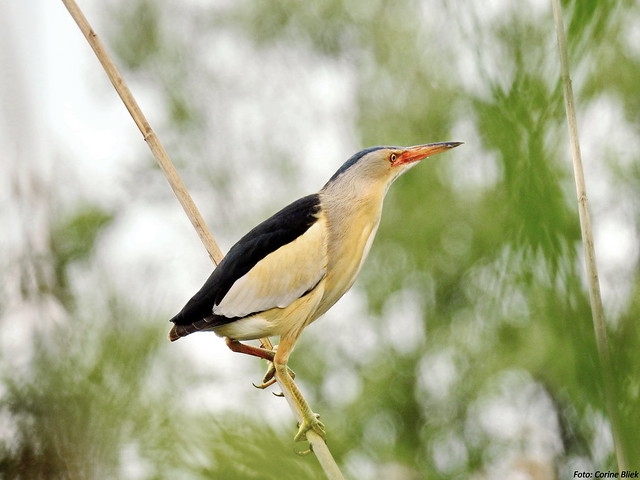One of the sentences that came up in my Dutch lessons today was “De jeugd van vandaag is onze toekomst”, which is translated as “The youth of today are our future” (emphasis added).
In Dutch de jeugd (the youth) is singular and is accompanied by a singular form of the verb, is, while in English the youth are seen as a collection of people, so are plural. You could argue that since the youth is singular in English, so you should say the youth is rather than the youth are, but that sounds strange to me.
Other examples of this phenomenon include:
- Het personeel is laat = The staff are late
- Het team is succesvol = The team are/is successful
- De meerderheid is er tegen = The majority are/is against it
- De raad is nutteloos = The council are/is useless
- De familie is verenigd = The family are/is united
- Amazon is een enorm bedrijf = Amazon are/is a huge company
Apparently in American English it is common to use the singular with collective nouns like team and family, while in British English plurals are more commonly used.
If you see a company or a group of people like a team as a single entity, then it makes sense to use the singular form of the verb, but if you see them as a group of people, then the plural form makes more sense.
Would you use the singular or plural in the above examples?
Are there differences in usage like this in other languages?
More information about this:
https://justpublishingadvice.com/the-collective-noun-singular-or-plural-verb/
https://www.quickanddirtytips.com/education/grammar/collective-nouns
How about data? In scientific and financial papers it is often accompanied by a plural verb – the data are inconclusive, for example, but in everyday usage it is usually treated as singular – the data is out of date. Pedants might argue that data, like agenda, is plural, and their singular forms should be datum and agendum. While this is true in Latin, its not how these words are commonly used, at least since the 1940s. More discussion on this.
Data was borrowed from Latin data, the plural of datum (that is given), the past participle of dō (I give) [source].
Would you say a box of lego or a box of legos? How about a lego or a piece of lego? To my ears legos sounds strange, even though I know plenty of people use it.

